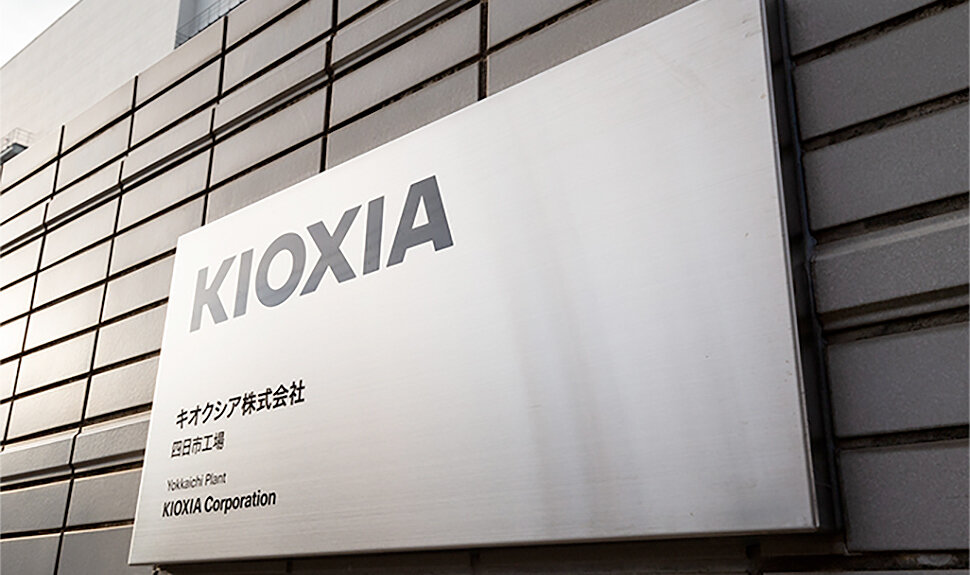Search the Community
Showing results for tags 'nand'.
-
NAND-based storage devices are a fiercely contested sector, one in which Samsung has held the lead since 2002, but its rivals are gaining ground. The South Korean electronics giant has announced plans to commence mass production of its newest 290-layer ninth-generation vertical (V9) NAND chips, aimed at AI and cloud devices as well as large-scale enterprise servers. These utilize Samsung’s double-stack technology, rather than the triple stack method typically used. Other firms are closing in, however. SK Hynix, the world's second-largest memory chipmaker and Samsung’s archrival, intends to launch its 321-layer NAND tech early next year, while Chinese flash memory specialist Yangtze Memory Technologies says it plans to introduce 300-layer chips later this year. A game of chicken With the battle heating up, Samsung is already looking beyond the impending V9 launch, with industry insiders indicating that a staggering 430-layer tenth-generation (V10) NAND chip is expected to be unveiled next year. Unlike the V9, this will use Samsung’s triple-stack technology. The aggressive push for NAND supremacy comes as demand for high-performance and large-capacity storage devices grows in the AI era. High-density NAND chips answer that demand while also enhancing capabilities for 5G smartphones. The Korea Economic Daily says the major chipmakers are now “engaged in a game of chicken in a race to develop advanced chip stacking technology to cut costs and improve performance.” It points out that Samsung has previously announced plans to develop over 1,000-layer NAND chips by 2030. More from TechRadar Pro Scientists inch closer to holy grail of memory breakthroughSamsung to showcase record-smashing 280-layer QLC NAND flash memory chipHere’s the chip that could make 100TB SSDs mainstream in 2024 View the full article
-
Western Digital messaged partners to inform them of supply constraints and rising prices amidst tumultuous industry conditions. Prices could increase by 10% for HDDs, more for NAND. View the full article
-
- western digital
- hdds
-
(and 1 more)
Tagged with:
-
Forum Statistics
43.6k
Total Topics43.2k
Total Posts
.png.6dd3056f38e93712a18d153891e8e0fc.png.1dbd1e5f05de09e66333e631e3342b83.png.933f4dc78ef5a5d2971934bd41ead8a1.png)






